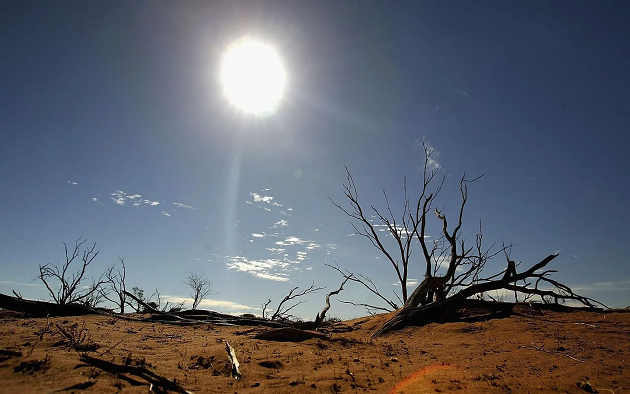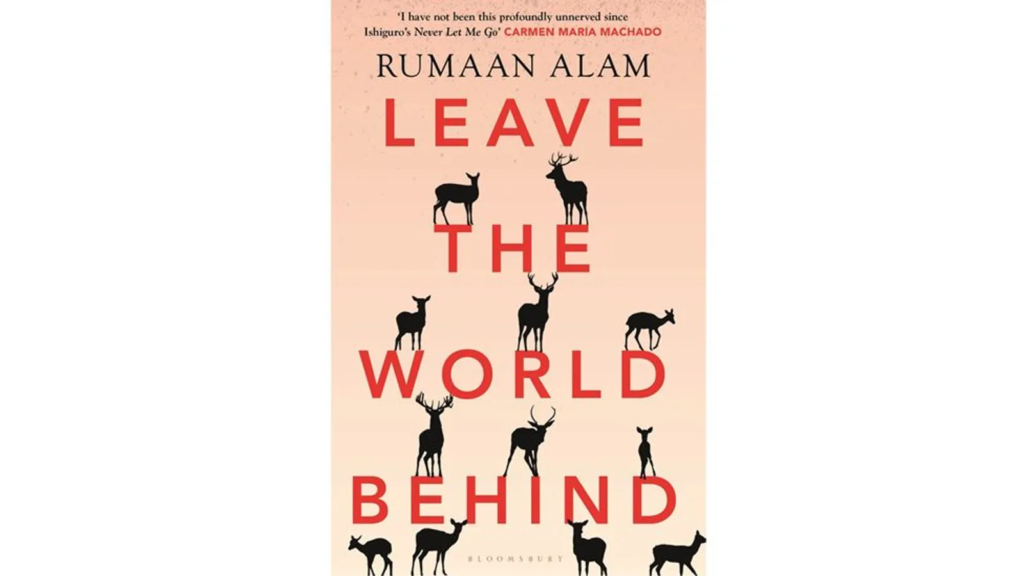
In our times of uncertainty, the latest fiction about climate disaster is unsettling – but also strangely comforting. Hephzibah Anderson speaks to the authors.
Imagine you’re enjoying much-needed time away with your family, staying in a luxurious Long Island holiday rental, miles from anywhere. Then comes a late-night knock at the door and strangers bearing news of a sinister power outage in New York City. The internet has gone down, phone service has been severed, and when you switch on the TV, every channel shows the same blank screen. Your children are asleep down the hallway, and you’ve no way of knowing what’s going on, or even whether these people are telling the truth.
Hooked? You wouldn’t be alone. It’s the premise of Leave the World Behind by Rumaan Alam, a propulsive, penetrating new novel about race, class, and climate change. Because while the true nature of what’s going on remains obscure – could it be a terrorist attack, the actions of a rogue state? – clues scattered throughout hint heavily at a climate event. Not only did this profoundly unsettling novel make the shortlist of the US National Book Award, it’s also become a bestseller.
Comfort has been at a premium during the current pandemic, and it hasn’t always come from expected sources. Never mind cosy home-baking and box sets: readers have turned not just to beloved classics but also to the often-dystopian genre known as cli-fi – novels in which environmental devastation is a driving force, catapulting protagonists into an apocalyptic « after » or else pinning them in the fast-vanishing « before », with disaster bearing down, inaction endemic and anxiety soaring.

In Rumaan Alam’s best-selling novel, the characters all react differently to calamity (Credit: Bloomsbury)
Short for climate fiction, cli-fi is a relatively new term for a trend whose long roots extend back to sci-fi. Think JG Ballard’s The Drowned World or Ursula K Le Guin’s The Lathe of Heaven, both written at a point in history when frequent wildfires and regular flash floods belonged to the realm of the speculative. In the past couple of decades, contributions from titans of literary fiction, including Margaret Atwood and Cormac McCarthy, have brought cli-fi into mainstream storytelling. Worsening scientific projections are keeping it there.
By Hephzibah Anderson – bbc.com




 World Opinions Débats De Société, Questions, Opinions et Tribunes.. La Voix Des Sans-Voix | Alternative Média
World Opinions Débats De Société, Questions, Opinions et Tribunes.. La Voix Des Sans-Voix | Alternative Média




